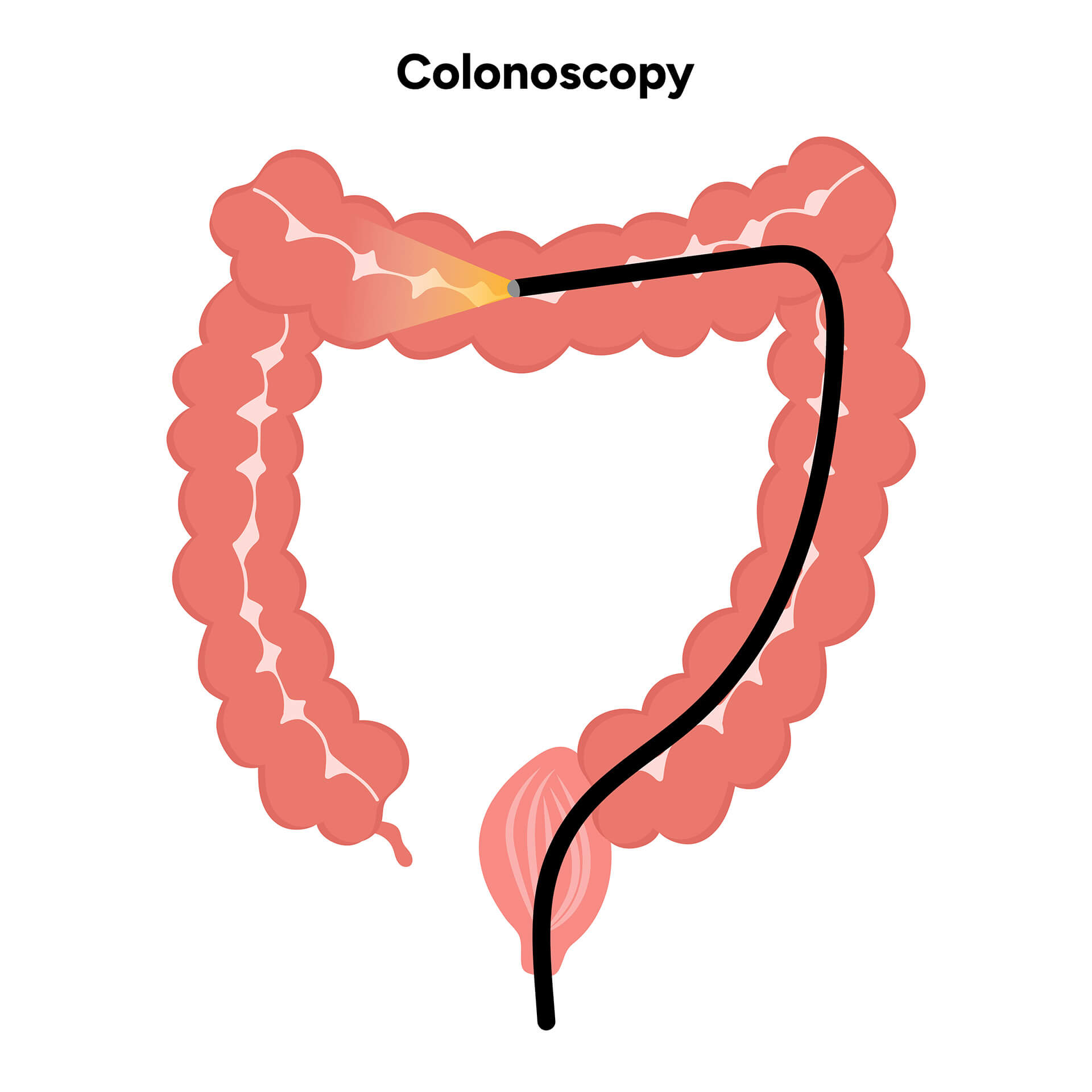Colorectal cancer, also known simply as colon cancer, is one of the most common causes of cancer-related death. It is also highly treatable when caught early. The best tool for early detection and treatment is colonoscopy, which should be performed every 10 years in patients over the age of 50. During a colonoscopy, physicians insert a camera into the large intestine (colon) in order to identify polyps and potentially cancerous tissue. If necessary, polyps can be removed and suspicious tissues biopsied during the procedure.
Myth: Only men need routine colonoscopies. Fact: Colorectal cancer is equally common in men and women, meaning that early screening is essential for both genders.
Myth: Only Caucasians need to be screened for colorectal cancer. Fact: The incidence of colon cancer is equal across races.
Myth: Only people who already have symptoms need to get a colonoscopy. Fact: When colorectal cancer is detected early, the 5-year survival rate is 90%; unfortunately, only 40% of patients are diagnosed at that stage. The goal is to detect cancer before it causes symptoms. In addition, many colorectal cancer patients have no symptoms at all.
Myth: Only people with a family history of colorectal cancer need routine testing. Fact: Anyone can get cancer, regardless of family history. All individuals above the age of 50 should receive routine colonoscopies; patients with a family history of colorectal cancer should get screened earlier.
Myth: There is a significant risk of complications. Fact: There are very few complications associated with colonoscopies, and they occur quite rarely: about 1 in 1000 patients experience complications. In fact, you are more likely to get colon cancer than to experience complications after a colonoscopy.
Myth: It will be embarrassing. Fact: Physicians perform hundreds of colonoscopies every year, and view the colon as just another organ of the body. However, they are also aware that colonoscopies are an invasive form of screening, which can make patients uncomfortable. Part of the physician’s job is to keep the procedure as comfortable, respectful, and modest as possible.
Myth: The preparation is unpleasant. Fact: In order for your doctor to see your colon, it will need to be completely cleaned before the procedure, which means a liquid diet for at least 1 day, as well as a prescription laxative. However, using the restroom during this time should not be uncomfortable; in fact, patients most commonly complain about the amount of liquids they had to drink.
Myth: The procedure is painful. Fact: Patients generally receive a sedative during the procedure, as well as pain medication if needed. The majority of patients do not even remember the procedure afterwards.
Myth: If a polyp is found, it means you have cancer. Fact: Polyps are benign, but have the potential to become cancerous if left untreated. They can be removed during the colonoscopy, with no further treatment necessary.
Myth: The outlook is poor if cancerous cells are found. Fact: When colon cancer is identified early, the prognosis is excellent.


